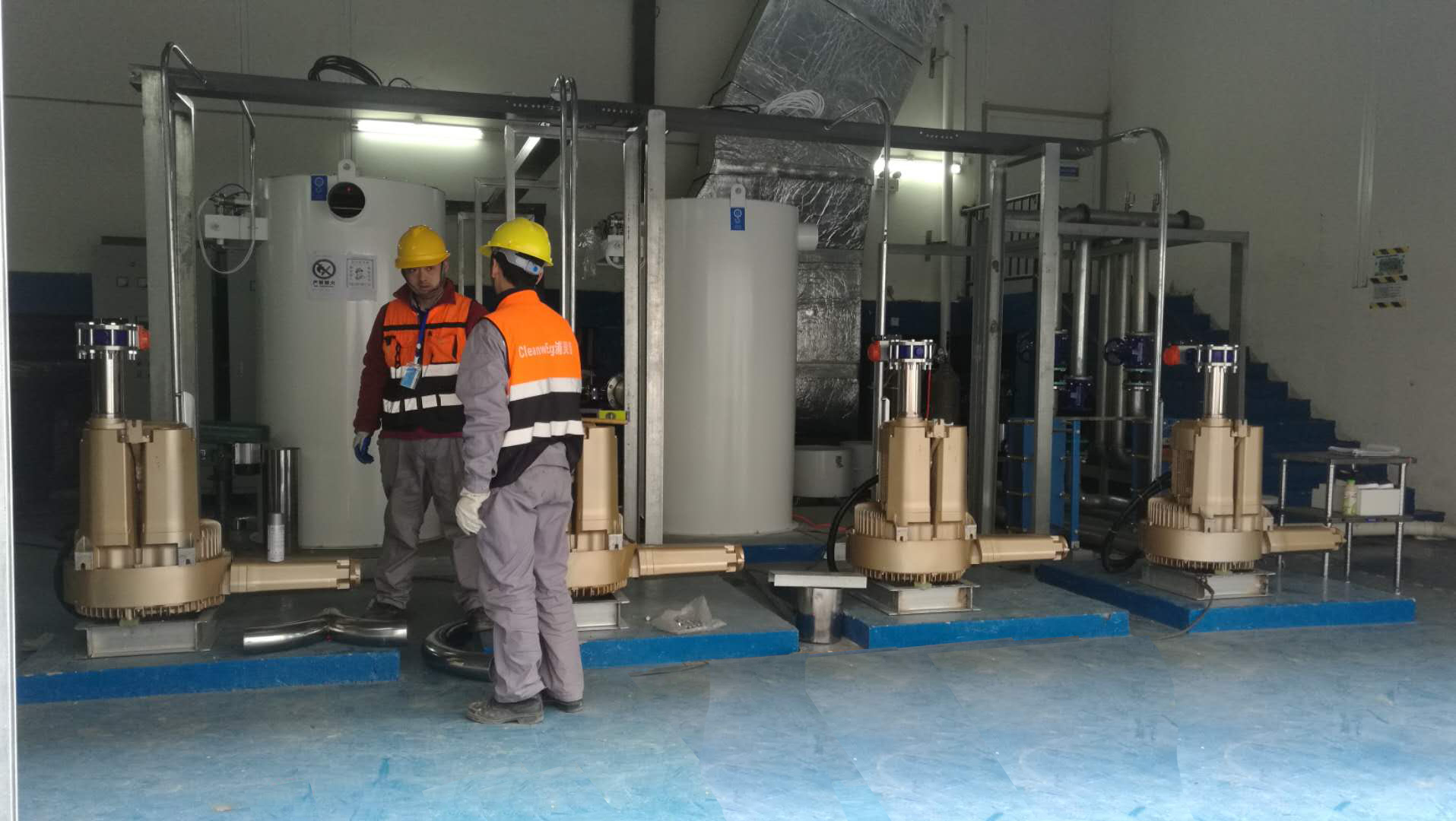Views: 0 Author: Site Editor Publish Time: 2024-09-13 Origin: Site








Agriculture, being one of the oldest industries, is constantly evolving with modern technologies. One such innovation is the side channel blower, a device that brings efficiency and reliability to various agricultural applications. This article will explore the growing importance of side channel blowers in agriculture, their advantages, and how they can be applied more effectively to improve farming operations.

Agriculture is not just about planting and harvesting crops. Behind the scenes, there are numerous processes that ensure the overall success of an agricultural venture. Here are some areas where side channel blowers play a critical role:
Irrigation is one of the most important processes in agriculture, and side channel blowers are used to provide aeration in water systems. They help in oxygenating water in fish farms, water treatment plants, and large irrigation systems. This oxygenation keeps the water fresh and prevents stagnation, which is essential for healthy crops and aquaculture systems.
When crops are harvested, they often contain high levels of moisture. This moisture can lead to mold, bacteria growth, and spoilage if not managed properly. Side channel blowers are used in grain drying processes by forcing air through the grain storage systems. They help to reduce the moisture content, ensuring that grains can be stored safely for long periods without the risk of spoilage.
Composting organic materials is a common practice in agriculture for producing nutrient-rich fertilizer. The process of composting requires oxygen to break down organic matter effectively. Side channel blowers play a significant role in the aeration of compost heaps, ensuring that the decomposition process happens quickly and efficiently.
Maintaining the right temperature and humidity levels inside a greenhouse is crucial for the optimal growth of plants. Side channel blowers assist in greenhouse ventilation, helping to circulate air, control humidity, and ensure a stable internal environment. This makes the greenhouse more energy-efficient and helps produce better crop yields.
Agricultural applications demand robust, reliable, and energy-efficient machinery. Side channel blowers bring a variety of benefits that make them an ideal choice for farmers and agricultural businesses.
One of the most appealing features of side channel blowers is their energy efficiency. Compared to other blowers, they consume less power while delivering consistent performance, helping agricultural operations to reduce their energy consumption and operating costs.
Side channel blowers are designed to be durable and reliable, with minimal moving parts. This reduces the need for frequent maintenance, making them an attractive choice for farmers who want to reduce downtime and lower maintenance expenses. Since they operate without oil, they provide a clean and safe environment for crops, livestock, and other agricultural products.
Whether used for aeration, drying, or ventilation, side channel blowers are highly versatile. They can be applied across a wide range of agricultural processes, making them a multipurpose tool for modern farms. Their ability to function in various applications—such as grain drying, composting, and water aeration—adds to their value.
Due to their energy-efficient operation and low environmental impact, side channel blowers contribute to sustainable farming practices. As agriculture moves towards more eco-friendly solutions, the use of side channel blowers aligns with the goal of reducing carbon footprints and adopting greener technologies.

With the many advantages of side channel blowers, it is crucial to implement them effectively to maximize their benefits. Here are some tips for better utilization:
Choosing the right size and capacity for a side channel blower is essential for achieving optimal results. A blower that is too small may not provide enough airflow, while one that is too large can waste energy. Consulting with professionals and using accurate calculations based on your agricultural needs will ensure that the blower is properly sized for its intended application.
Although side channel blowers are low-maintenance, it is still important to perform regular checks to ensure that they are functioning correctly. Preventive maintenance can help in identifying potential issues early, avoiding costly repairs or system breakdowns during crucial farming periods.
Modern agriculture relies on automated systems to manage irrigation, ventilation, and other critical processes. Integrating side channel blowers with automated control systems can improve their efficiency by regulating airflow based on real-time environmental conditions. This integration enhances energy savings and ensures consistent performance.
Depending on the type of farming or agricultural process, it might be necessary to customize side channel blowers to meet specific requirements. For instance, a farmer running a greenhouse might need a blower with specific features for temperature and humidity control, while another managing grain storage might require a blower designed for high airflow and moisture reduction.
Proper training on how to use and maintain side channel blowers is vital for farm workers. This includes understanding the blower's capabilities, knowing how to perform basic maintenance tasks, and implementing safety measures when handling the equipment. This will not only improve the blower's lifespan but also enhance the overall efficiency of the farm's operations.
Side channel blowers have become an indispensable tool in modern agriculture, offering numerous benefits such as energy efficiency, low maintenance, and versatility. Whether used in aeration, drying, composting, or ventilation, they help streamline farming processes, reduce operational costs, and support sustainable practices.
To fully leverage their potential, farmers should focus on proper sizing, regular maintenance, and automation integration. By doing so, side channel blowers can be applied more effectively, ensuring better productivity and long-term success in agriculture.